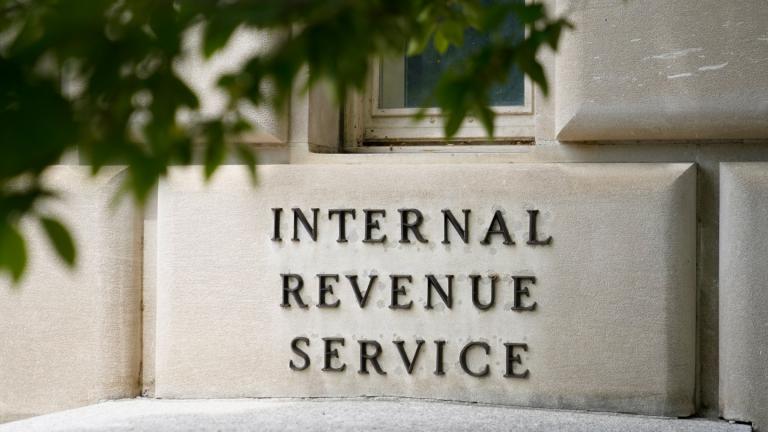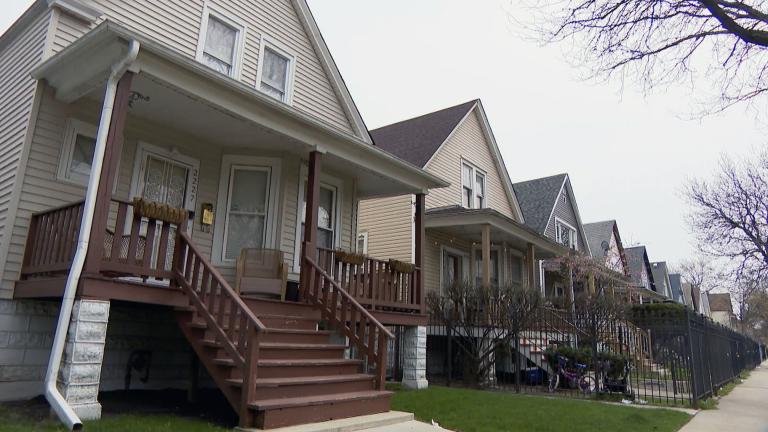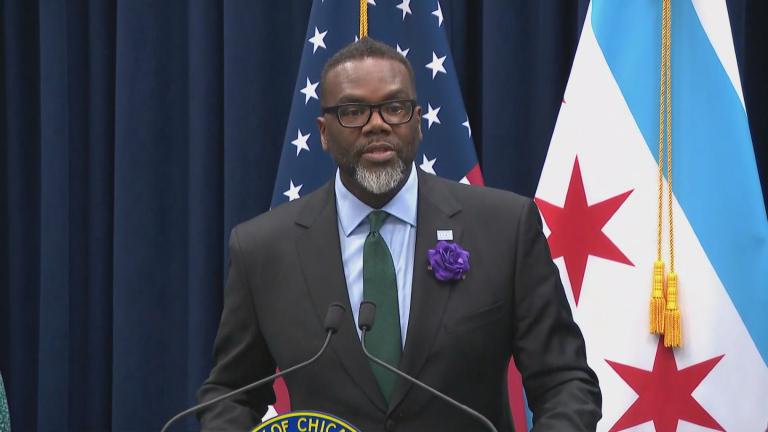In a matter of weeks, on Feb. 20, new Gov. J.B. Pritzker is scheduled to unveil his budget proposal.
Pritkzer avoided getting into specifics of during his campaign for the state’s highest office, beyond a promise to move to an income-based progressive income tax structure that would lower rates on the middle class.
The new “Restore Illinois: A Foundation for Growth” report from the Civic Committee of the Commercial Club of Chicago recommends other ways of bringing revenue to the state’s beleaguered budget.
Among them: a hike in the state tax rate from 4.95 percent to 5.95 percent (raising $3.7 billion annually); a tax on retirement income – something that Springfield politicians have been loath to do given older residents’ propensity to vote (the specific model, which would exempt income up to $15,000, is projected to bring in $1.9 billion); and a tax on a menu of services, to raise $500 million (Illinois currently has a sales tax on material goods).
“The issues facing the State are interconnected, and the elements of the Financial Framework represent a balanced, comprehensive plan that reflects that interconnectedness. The State should adopt all elements of the Framework to maximize the effectiveness of reform efforts; piecemeal implementation may do more harm than good,” the report reads. “We believe that it will require $8 billion a year in expenditure cuts and revenue increases over the next five years to put Illinois back on the path to financial stability. Identifying $8 billion a year will allow the State to fully eliminate the structural budget deficit, pay down the remaining bill backlog, establish an appropriate reserve fund, and properly address the State’s unfunded pension liabilities.”
There’s an immediacy to the recommendations. Pritzker’s graduated income tax is years away at the earliest because moving from a flat tax would require a constitutional amendment.
The Civic Committee sells its plan as measures that “can be enacted immediately” and therefore immediately begin restoring the state budget and economy.
“One of the things that our business leaders have recognized is that … what is holding Illinois back even more than the precise amount of our taxes is all of the uncertainty about where Illinois’ fiscal situation is going,” said Civic Committee President Kelly Welsh. “As a result, that’s why we are proposing this.”
An introduction to the report reads, “Illinois will have addressed its financial challenges and given people and businesses certainty about the State’s future, which is a critical element in promoting job growth in Illinois. Without a growing economy, the State will not be able to move forward to provide vital services to all Illinoisans and focus on other future growth initiatives.”
On the other side of the ledger, the Civic Committee members want lawmakers to better scrutinize the budget for ways to spend less. Specifically, the authors want state employees, not taxpayers, to cover more of workers’ current healthcare expenses. And they recommend winnowing the state-paid healthcare benefit given to current retirees, by establishing a new retiree healthcare plan for future state workers.
“We support the State reforming and re-designing employee healthcare plans to retain solid benefits for State employees, but make them more consistent with the benefits received by private sector employees,” the report said.
At the same time, the Civic Committee’s members – who are ostensibly generally well-off given that the Commercial Club’s membership is comprised of scions of industry and company CEOs – call for eliminating the estate tax, which would ding the state some $290 million a year.
Other recommendations would have more tangential budget ramifications, like calls for local government consolidation and establishing metrics to closer track Illinois’ progress on meeting budgetary goals.
The report presses the state to monitor its newly implemented education funding law, by ensuring that $350 million each year is added to state spending on schools.
The business-oriented group also wants Illinois to change the state’s workers’ compensation system so it’s less expensive for companies.
“Companies often consider the cost of workers’ compensation insurance in a given state when deciding where to locate, making it an important component of a state’s jobs climate. Illinois historically has been a higher-cost state for workers’ compensation premiums and despite improvement stemming from significant reforms enacted in 2011, the State continues to have higher costs than the majority of states. Illinois’ workers’ compensation premium rates are the 22nd highest in the country,” the report reads.
Democrats, who viewed former Republican Gov. Bruce Rauner’s call to “reform” the workers’ compensation system as anti-worker, are sure to be in no rush to suddenly adopt that mind-set now that they’re in full control of the statehouse.
Leaders with the Illinois Policy Institute say they’re not convinced either.
The IPI released its own report Tuesday. “Budget Solutions 2020” calls for a constitutional amendment, increasing education funding and a cap on automatic pay increases for a select number of state workers.
“With a recession looming and the economy slowing down, it would be irresponsible for the state to hike taxes,” said Adam Schuster, the IPI’s director of budget and tax research, in a statement.
“The proposal includes several good ideas, including rightsizing government-worker health insurance costs so they more closely match what their peers in the private sector pay,” the statement continues. “But overall, this $6 billion tax hike with little guidance on where to curb spending or specifics on where the state can find promised ‘efficiencies’ would exacerbate Illinois’ fiscal problems. To truly provide budget certainty and fix our finances, Illinois needs to address its root cost drivers. We support a plan that relies on commonsense solutions, including real pension reform and school district efficiency, to pay down state debt and create a budget surplus that could be used to provide a tax cut. Other states are moving toward tax relief, and Illinois can’t afford to be left behind.”
Welsh and Civic Committee Executive Vice President Dea Meyer join us in discussion.
Note: This story was originally published Feb. 5. It has been updated.
Follow Amanda Vinicky on Twitter: @AmandaVinicky
Related stories:
Gov. Pritzker Signs Pact Committing Illinois to Paris Climate Goals
Pritzker Orders Worker-Training Investment Review
Lessons From the Governor Who Instituted Illinois’ First Income Tax







